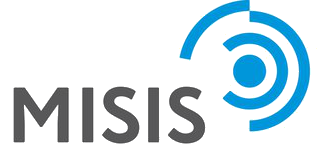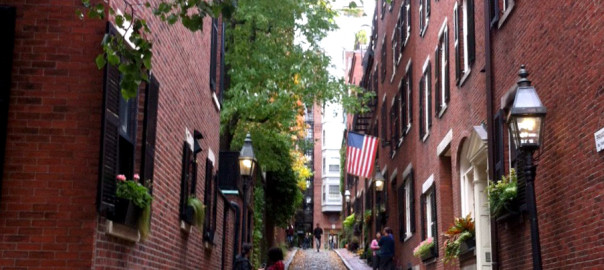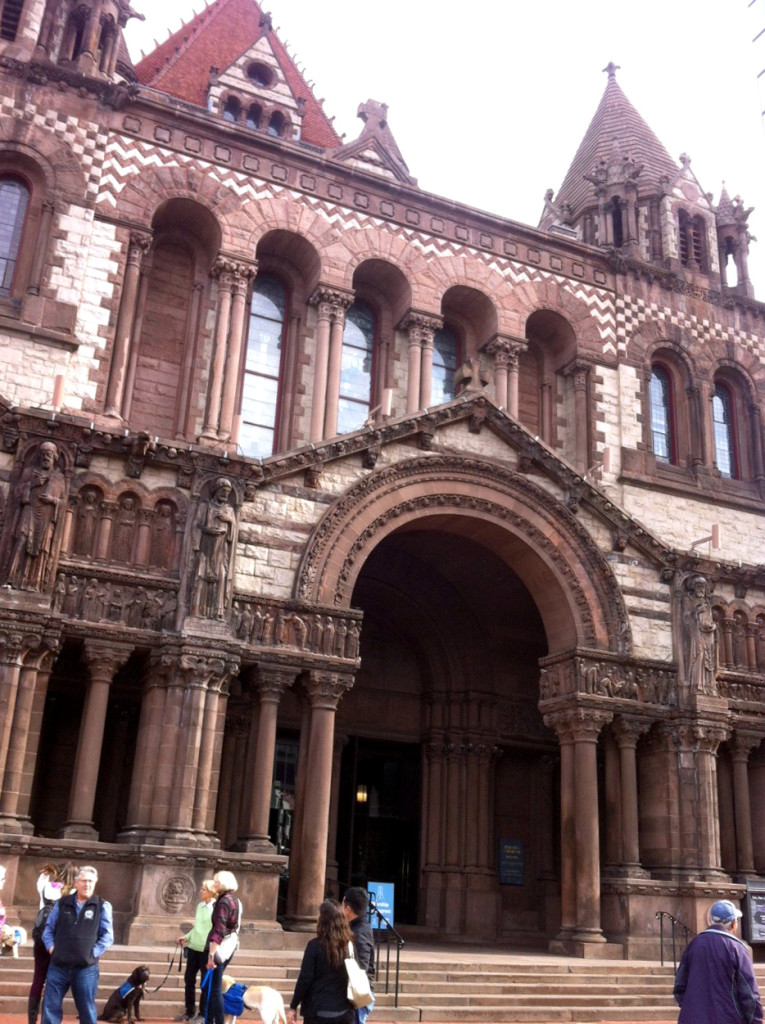November 2, 2016
Themes:
Structure, Format and Process for Submitting Peer‑to‑Peer Journals
Preparing Foreign Language Articles for Submission to International Journals
Ms. Sydney Mokel, Program Associate
212 Northern Avenue
West Building 1, Suite 300
Boston, Massachusetts 02210
Telephone: (617) 542‑8995
Website: www.worldboston.org
Facebook: www.Facebook.com/WorldBoston
Email: ssibley@worldboston.org
Ms. Sarah Sibley, Emergency Telephone: (508) 564-8217
Doubletree Downtown Boston
821 Washington Street
Boston, Massachusetts 02111
Telephone: (617) 956‑7900
Harvard University, Harvard College Writing Center: The Writing Center, part of the Harvard College Writing Program, is a place for Harvard undergraduates to get help with any aspect of their writing, from specific assignments to general writing skills. The Writing Center is staffed by trained undergraduate tutors who provide individual conferences to students working on any writing assignment. You will meet with Ms. Jane Rosenzweig, Director, to learn about the role of the writing center and its impact on the university as a whole.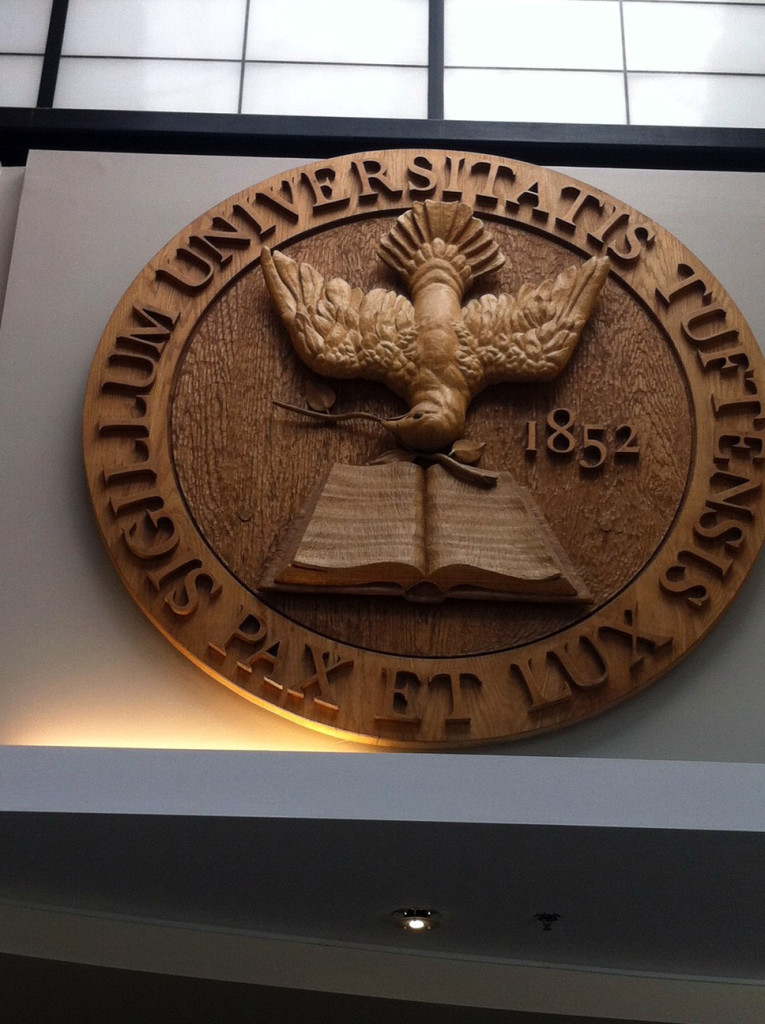 Harvard University Press: Founded in 1913, Harvard University Press is the publisher of such classic works as John Rawls’s A Theory of Justice, E. O. Wilson’s On Human Nature, and Helen Vendler’s Dickinson, and continues to be a leading publisher of convergent works in the sciences, humanities and social sciences. Officials will provide an overview of Harvard University Press and further discuss the process of submitting national and foreign language articles for publication. The meeting will further examine how the Press retains standards and credibility in working with faculty.
Harvard University Press: Founded in 1913, Harvard University Press is the publisher of such classic works as John Rawls’s A Theory of Justice, E. O. Wilson’s On Human Nature, and Helen Vendler’s Dickinson, and continues to be a leading publisher of convergent works in the sciences, humanities and social sciences. Officials will provide an overview of Harvard University Press and further discuss the process of submitting national and foreign language articles for publication. The meeting will further examine how the Press retains standards and credibility in working with faculty.
Massachusetts Institute of Technology, Writing and Communication Center (WCC): The WCC offers free individual consultations about any writing or oral presentation issue. The Center teaches techniques for deepening critical thinking and analytical skills, overcoming writer’s block, organizing papers, understanding the intricacies of English grammar and presenting scientific and technical information. Officials will discuss the specialized help WCC provides to those for whom English is a second language and how it assists them with developing writing skills particularly for those interested in publishing in journals nationally and internationally. A meeting will be requested with faculty members who have published in foreign journals to better understand the preparation and training required to successfully publish. Massachusetts Institute of Technology, English Language Studies Program (ESL). You will have a meeting with Ms. Jane Dunphy, head of the ELS program to discuss how the ELS curriculum prepares Ph. D students to write research papers for publication.
Massachusetts Institute of Technology, English Language Studies Program (ESL). You will have a meeting with Ms. Jane Dunphy, head of the ELS program to discuss how the ELS curriculum prepares Ph. D students to write research papers for publication.
Tufts University, The Writing Fellows Program: The Writing Fellows Program fosters writing as a process by allowing time and energy for review and significant revision. Writing fellows are Tufts’ undergraduate writing tutors. Officials will review the program’s one-on-one and group sessions in course subjects, as well as in time management, writing and public speaking.
Tufts University, Office of Communications and Marketing: The Office of Communications and Marketing provides a wide range of strategic communications services. Tufts produces six alumni magazines, including the flagship Tufts Magazine, Tufts Medicine, Tufts Dental Medicine and several other magazines as well as the news site. Representatives will provide an introduction to the Office and discuss the policies and procedures that students and faculty must follow for peer-to-peer review as well as publication submission.
Boston University, Educational Resource Center: The Educational Resource Center helps Boston University students develop the range and depth of academic skills required by the University’s rigorous programs. You will learn about the role of the Center in serving as an academic referral, training, and information resource for the University community; including faculty, staff, administration, and both undergraduate and graduate students. The meeting will also highlight development skills and preparing faculty for submitting peer-to-peer journal reviews.
Boston University: Additional appropriate meetings may be requested with the following writing centers: College of Arts and Sciences Writing Center and the College of Communication Writing Center.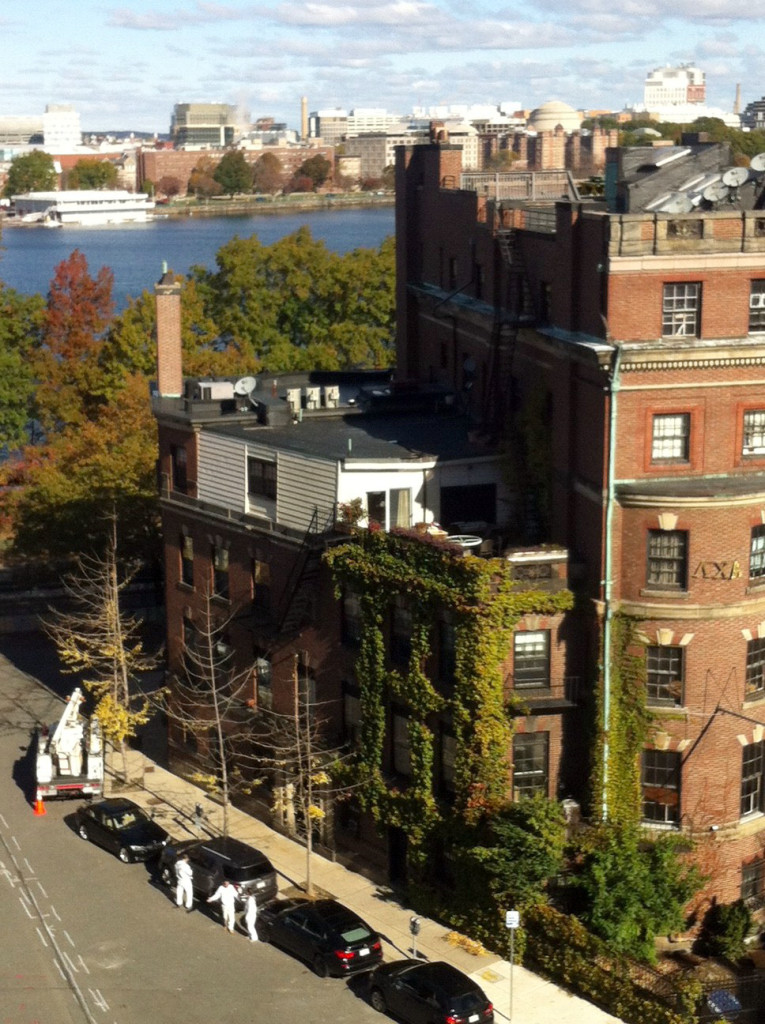 Boston, Massachusetts is one of the most historic cities in the United States, tracing its roots to colonial America. Founded in 1630, Boston was designed by its Puritan settlers to be a morally superior society: a ‘city on a hill’ for the rest of the world to emulate. The shipbuilding, whaling and fishing industries flourished in colonial Boston, and the forty miles of piers and docks along the waterfront attest to Boston’s continuing importance as a trade city. Boston is the site of America’s first public school, founded in 1635, and it has been an educational hub ever since. Several major events of the American Revolution occurred in Boston, including the Boston Tea Party, the Battle of Lexington and Concord, and the Battle of Bunker Hill. Because of this rich history and colonial architecture, the city is a popular vacation spot, attracting 16.3 million visitors annually.
Boston, Massachusetts is one of the most historic cities in the United States, tracing its roots to colonial America. Founded in 1630, Boston was designed by its Puritan settlers to be a morally superior society: a ‘city on a hill’ for the rest of the world to emulate. The shipbuilding, whaling and fishing industries flourished in colonial Boston, and the forty miles of piers and docks along the waterfront attest to Boston’s continuing importance as a trade city. Boston is the site of America’s first public school, founded in 1635, and it has been an educational hub ever since. Several major events of the American Revolution occurred in Boston, including the Boston Tea Party, the Battle of Lexington and Concord, and the Battle of Bunker Hill. Because of this rich history and colonial architecture, the city is a popular vacation spot, attracting 16.3 million visitors annually.
Located at a deep harbor, the city has a population of nearly 650,000 people living in its 47.8 square miles. Boston is a growing city, and is experiencing its third great building boom since the 1850s, with major construction and urban planning efforts evident throughout the city ‑‑ in addition to entire new neighborhoods. Within the past five years, Boston has become a “majority minority” city, with non‑whites now making up 53% of its population. Currently 44% of Boston Public School Students are non‑native English speakers. Boston has 23 official highly diverse neighborhoods, and is a true ‘walking city’: Nearly 13% of Boston residents walk to work, while nearly 33% regularly use the city’s extensive system of public transportation. Boston is the anchor of a substantially larger metropolitan area called Greater Boston, which as a commuting region includes parts of Rhode Island, New Hampshire, and Maine.
As the largest city in New England, Boston is the regional center for the insurance, banking, finance, and publishing industries. It is a noted hub of biotechnology, home to such globally known companies such as Genzyme and Novartis, as well as many innovative smaller firms. Boston is also renowned for its medical research facilities and state of the art hospitals. After Silicon Valley in California, Boston is the United States’ second most prominent center for venture capital and high‑tech entrepreneurship, fed by graduates of the area’s many universities. The Boston‑Cambridge area boasts over eighty colleges and universities, including Harvard, Northeastern, Boston University, Boston College, and the Massachusetts Institute of Technology. Boston also has a tradition of social innovation, and is the home of a vibrant nonprofit sector, ranging from grassroots groups to headquarters of such prominent organizations as Partners in Health, Oxfam America, City Year, and Citizen Schools.
Boston is also a thriving center for the arts, home to the world‑renowned Boston Symphony Orchestra, the American Repertory Theatre, and the Boston Ballet. The city also boasts outstanding museums, including the Museum of Fine Arts, the Institute of Contemporary Art, the Isabella Stewart Gardner Museum, the Museum of Science, and the New England Aquarium. Popular public facilities include many parks from the Boston Common to the Boston Harbor Islands and the first public library in the country – and one of its best. Finally, Bostonians are passionate fans of their championship sports teams. Fenway Park is the oldest major league baseball park still in use and home to the Boston Red Sox. Other favorites include the Boston Celtics basketball, the New England Patriots football, and the Boston Bruins hockey teams.
